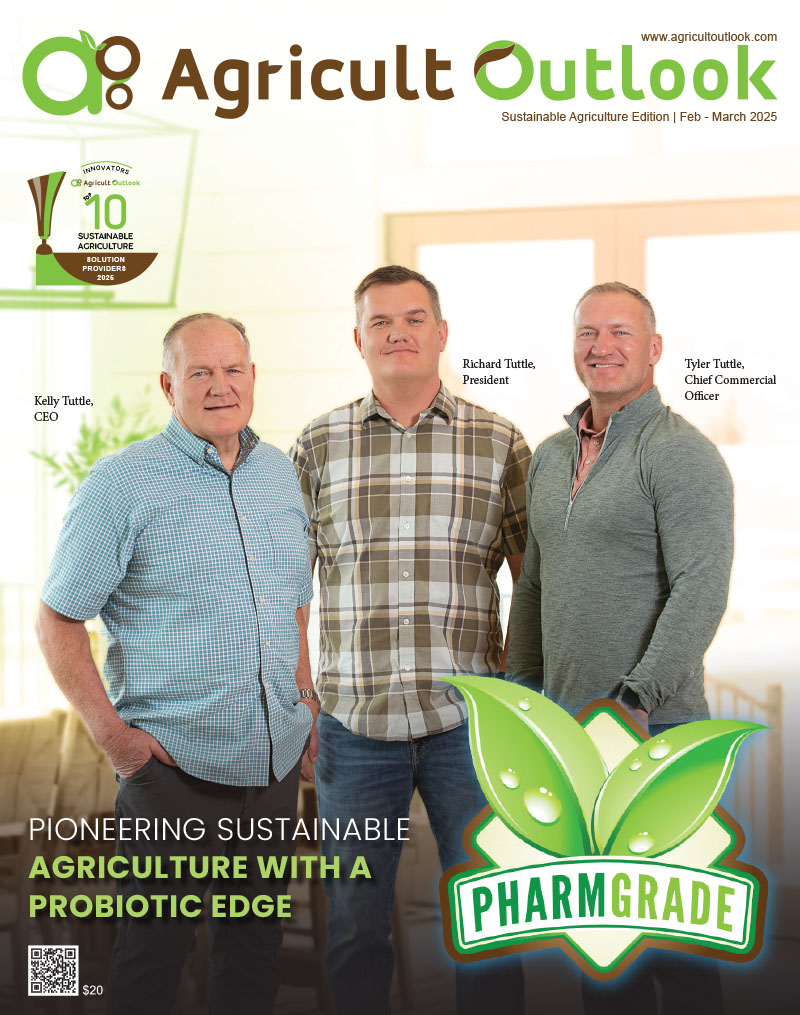Ohalo Genetics, Inc. has officially announced a a groundbreaking Development & Commercialization Agreement with the University of Florida’s Institute of Food and Agricultural Sciences, Florida Foundation Seed Producers, Inc., and the Florida Strawberry Growers Association (FSGA) to address the significant threat of neopestalotiopsis across the strawberry industry.
To understand the significance of such a partnership, we must take into account that neopestalotiopsis happens to be a fungal disease, which can wipe out entire strawberry fields. Currently, it is known as one of the most damaging issues faced by Florida strawberry growers in particular, a state where it is affecting crop yields, and increasing production costs, while simultaneously threatening the livelihood of farmers. In fact, the state has now become infamously known as the “Winter Strawberry Capital of the United States”.
More on the same would reveal how the state disease was first detected in Florida during 2017, with notable outbreaks in subsequent years. By 2019 and 2020, the disease had become widespread and severely damaged the crop throughout the state. Now, growers have turned towards fungicides and rigorous field management practices to mitigate the disease’s effects, but having said so, these methods come with increased costs. On top of that, even after bearing those costs, the grower cannot expect anything more than limited effectiveness.
In response, Ohalo would bring in its advanced breeding technology platform with genetic resources from UF/IFAS to develop a novel trait that makes a strawberry plant resistant to neopestalotiopsis. Once developed, the stated trait will be integrated into existing University of Florida strawberry varieties. Going by the available details, these new, resistant varieties will enter non-commercial, experimental trials in 2025.
Taking a deeper view of the benefits Florida growers can expect from this partnership, we begin from its promise to mitigate crop losses. You see, neopestalotiopsis has, thus far, been responsible for substantial yield reductions, considering affected fields have experienced severe damage. Hence, with resistant varieties, growers can markedly decrease these losses, leading to more stable and increased yields.
Next up, this grower contingent can expect to cut down on their production costs. To manage neopestalotiopsis at present, one must rely upon the use of fungicides and rigorous field management practices which, like we briefly touched, can be costly, have limited efficacy, and are labor-intensive. Against that, the adoption of resistant varieties will lessen dependence on these measures, and therefore, instigate cost savings on chemical inputs, as well as on labor.
“The Florida strawberry industry has always been innovative, and this initiative will create effective solutions to ensure the continued success of the Florida strawberry industry, a significant contributor to Florida’s economy, with a total economic impact of about $1 billion,” said Kenneth Parker, executive director of the Florida Strawberry Growers Association.
While the solution will shrink down the costs on one hand, it would also scale up fruit quality on the other. Basically, addressing the stress and damage caused by neopestalotiopsis, the new resistant varieties can orchestrate improvements in fruit size, shelf life, and overall marketability, benefiting both growers and consumers.
Another detail worth a mention here is rooted in the fact that the pathway offered on the back of this new partnership will also preach sustainable farming practices along the way. We get to say so because the development and adoption of disease-resistant varieties align with sustainable agriculture goals to offer a long-term, environmentally friendly approach to disease management.
“This collaboration showcases the power of public-private partnerships in solving critical agricultural challenges,” said Jud Ward, CTO of Ohalo Genetics. “The Florida strawberry industry approached us with the urgent need to tackle neopestalotiopsis, a disease that devastates crops. We were proud to step up to the challenge, and by working with the Florida partners, we’re leveraging our proprietary advanced breeding system alongside their deep agricultural expertise to create a sustainable, long-term solution.”







